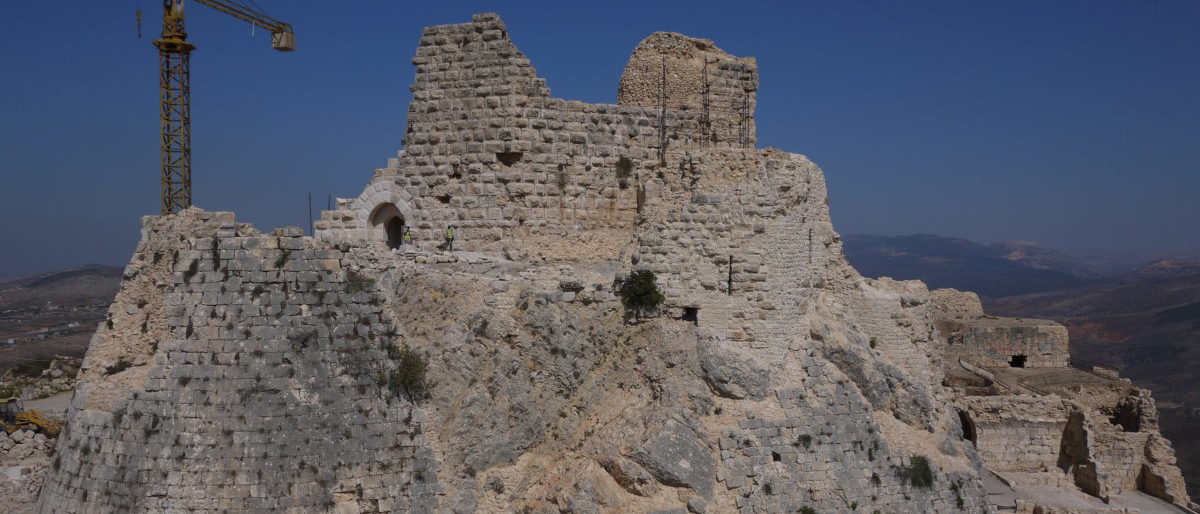
Tartu Old Town
Tartu is a great walking town whose center hasn’t changed fundamentally in 300 years. Raekoja Plats is the main square, and from there you can head west into the university grounds on Toomemagi Hill or north into the old town. Just east of there is the Emajogi River, and a pedestrian footbridge that will take you over to the east side of town.

Tartu City Hall
Tartu’s brick-built medieval cathedral, located on Toomemagi, or cathedral hill just west of the center, burnt down in 1624 but is worth a walk round. It’s east side was converted into the university’s museum.

Taru Cathedral

One of the Tsar’s generals who helped turn Napoleon back from Moscow was Barclay de Tolly, who was from the area and whose mansion was built in Tartu’s main square, now experiencing some subsidence.

Barclay de Tolly’s Leaning Mansion
Tartu is still adjusting to population shifts and some of the traditional housing is ready for some renovation.
One destination that gives you a good walk out of the city is the Estonian National Museum – just head over the pedestrian footbridge east of Raekoja Plats and head up Roosi street for about 2 kilometers. Finno-Ugric stuff is explained.

Uralic to Finno-Ugric Languages in a few easy steps
There is a nice walking or jogging trail that runs along the Emajogi River – if you start from Raekoja Plats, head over the footbridge and cut right to stay close to the river, you’ll find trails running southeast hrough wetlands on the east side of the river.
There are plenty of good day trips from Tartu, and if you don’t have a car there are good bus options. Otepaa, about 40 kilometers southeast, is a major outdoor park and lake recreation area. There are the Old Believer villages east of town near Lake Peipsi, and the 19th century castle at Alatskivi. You can also stay here and get lunch, or just explore the grounds.


Dotted around the smaller Estonian towns in the forest are incongruous Soviet-era apartment blocks, functioning homes but in need of an upgrade.

Logistics. Tartu’s train station is a roughly 15-minute walk west of the old town, and the bus station is closer to the center, just southeast next to the Tartu Keskus shopping mall.
I stayed at a couple of places, the Villa Margaretha B&B, located in the Karlova neighborhood just south of town, and then tried out the Hotel London located centrally in the old town. Both worked out great.
Estonian cooking is inventive and local – try out Restoran Aparaat, located in a former factory on Kastani 42 (go into the courtyard). There are plenty of good places near the university, and Cafe Werner just opposite is a good coffee stop. With the eastern bloc past, you can find a good Georgian meal at Gruusia Kook. Beer enthusiasts should try out the JR Shramm Keller and the De Tolly Beer Bar, which have good local selections and provide the below-ground drinking experience. The excellent Puhaste Brewery (http://www.puhastebeer.com) is local and their beer is going to be fresh.





